Matthew Villa
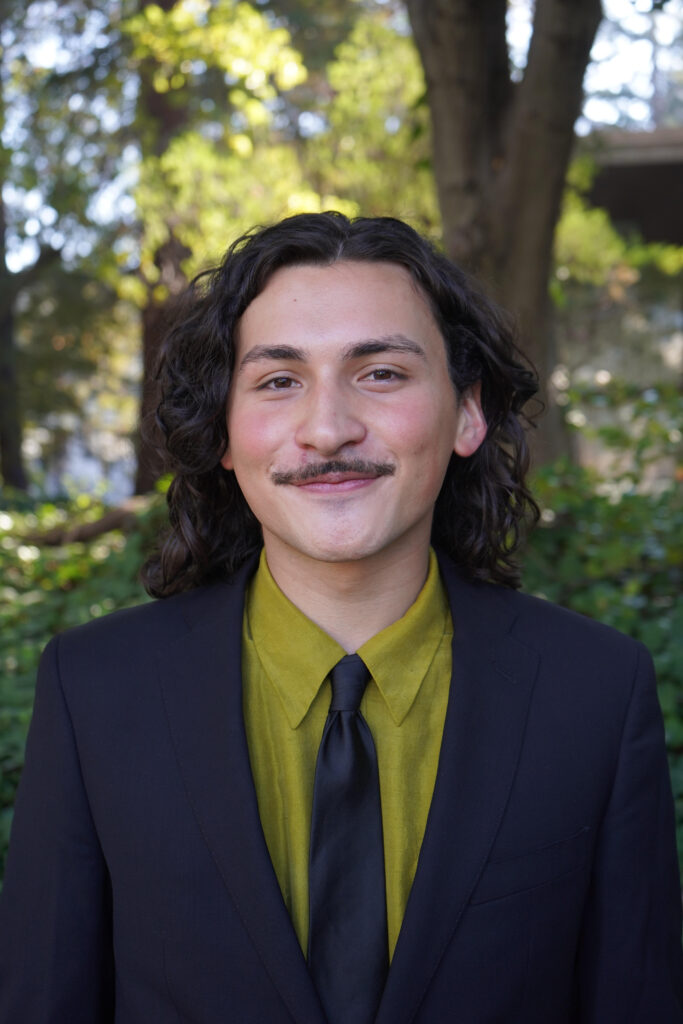
Anti-trafficking organizations often acknowledge the gendered, racialized statistics of those from vulnerable communities that are disproportionately vulnerable to be trafficked; however, many organizations fail to obtain a distinct orientation towards addressing such realities in their respective services and advocation. Matthew’s project seeks to conduct an analysis of anti-human trafficking campaigns of Bay Area organizations, to see how well, and to what extent, they serve the most vulnerable communities. The methodological approach will consist of semi-structured interviews with the anti-trafficking advocates of the selected organizations accompanied by a document analysis of […]
Daisy Flores

Although incarcerated and formerly incarcerated (FI) Californians can obtain a postsecondary education, systemic barriers such as undocumented status and deportation prevent many of them from pursuing a college education. In 2018, an estimated 70,900 non-U.S. citizens were in state and private prison facilities. However, information about FI students’ access to education after deportation is non-existent. Daisy Flores will conduct qualitative interviews of FI students who are deported, along with activists and scholars who are building the prison-to-school pipeline in Mexico. This study will investigate the barriers that undocumented students face […]
Christian Burke
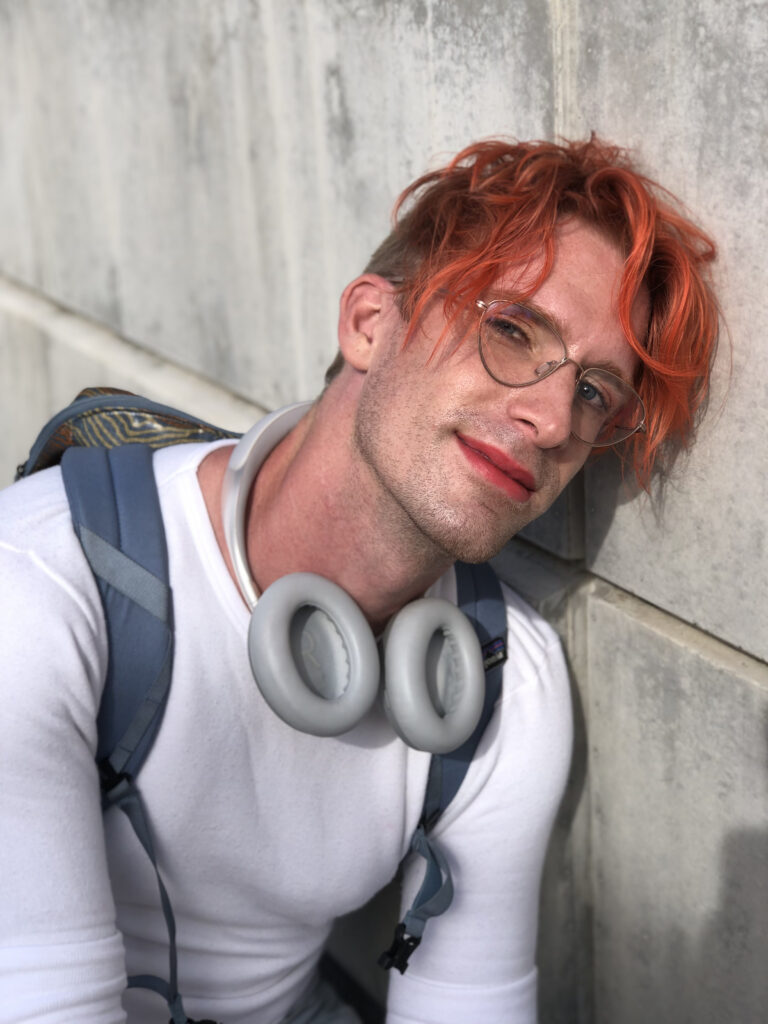
Parents are influential in the development of gendered language and traits early in childhood, when children begin to develop a sense of self-concept. However, children can also affect parental behaviors in reciprocal social exchanges. Gender-biased language is problematic because it may be linked to the development of prejudices and stereotyping. Neural networks research on word relations (i.e., boy is to doctor as girl is to nurse) developed from massive language corpora like Wikipedia suggest the pervasiveness of gender-biased language in our everyday communication. Christian will extend this research by using […]
Sarah Dibas
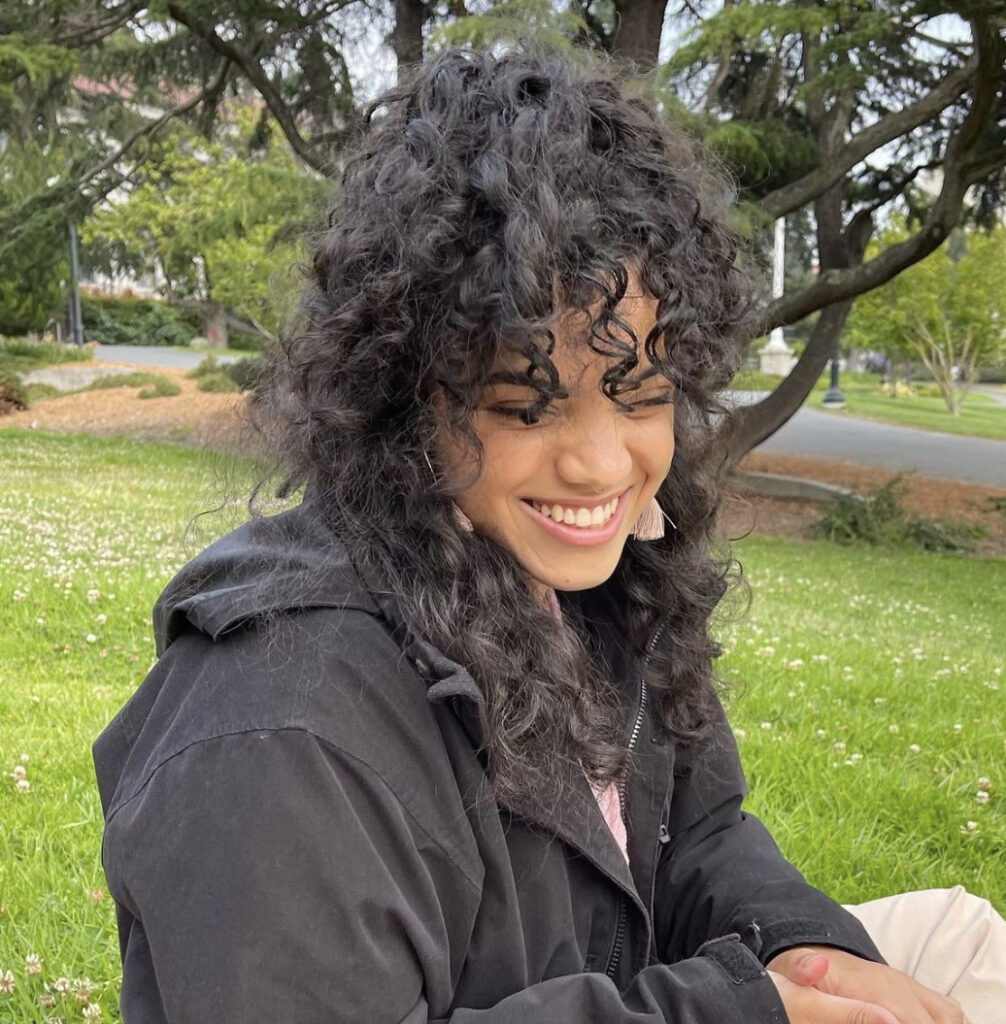
Shame is a debilitating, self-conscious emotion associated with a number of risk factors to mental and physical health and wellbeing. Shame is experienced when an individual perceives themself to be inadequate vis-a-vis social and cultural constructs. These constructs play a significant role in how shame is both experienced and regulated, making them vital to its understanding. Still, previous studies have not accounted for the ways in which different cultural factors and intersecting identities work to produce shame and its regulation. Through the use of surveys and diverse participant groups, Sarah’s […]
Andrew Alvarez
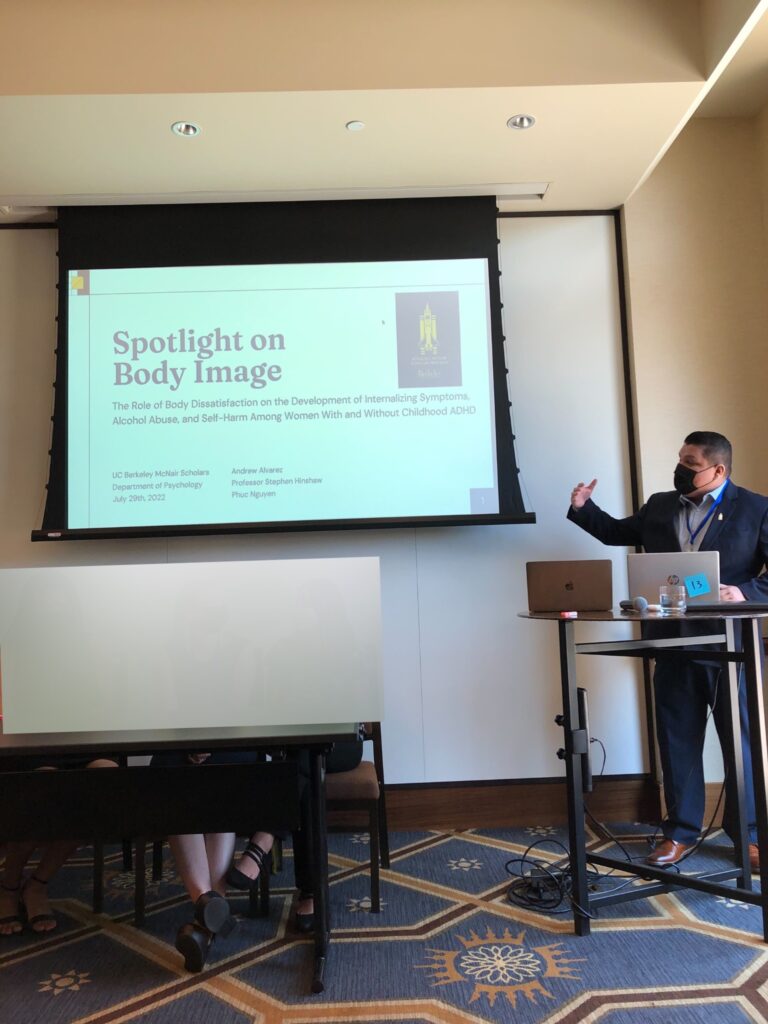
As youth with attention-deficit hyperactivity disorder (ADHD) transition into adolescence, they experience body dissatisfaction at higher rates than those without ADHD. Crucially, body dissatisfaction mediates the relation between ADHD and later-life depression. Previous research has shown that women experience higher rates of body dissatisfaction than men–and that such dissatisfaction is linked to depression, anxiety, increased alcohol use, self-harm, and suicidality. Better understanding of these associations and the mechanisms underlying them, especially among women with histories of ADHD, is warranted to further improve interventions. Therefore, Andrew will test the association between […]
Anaya Crouch
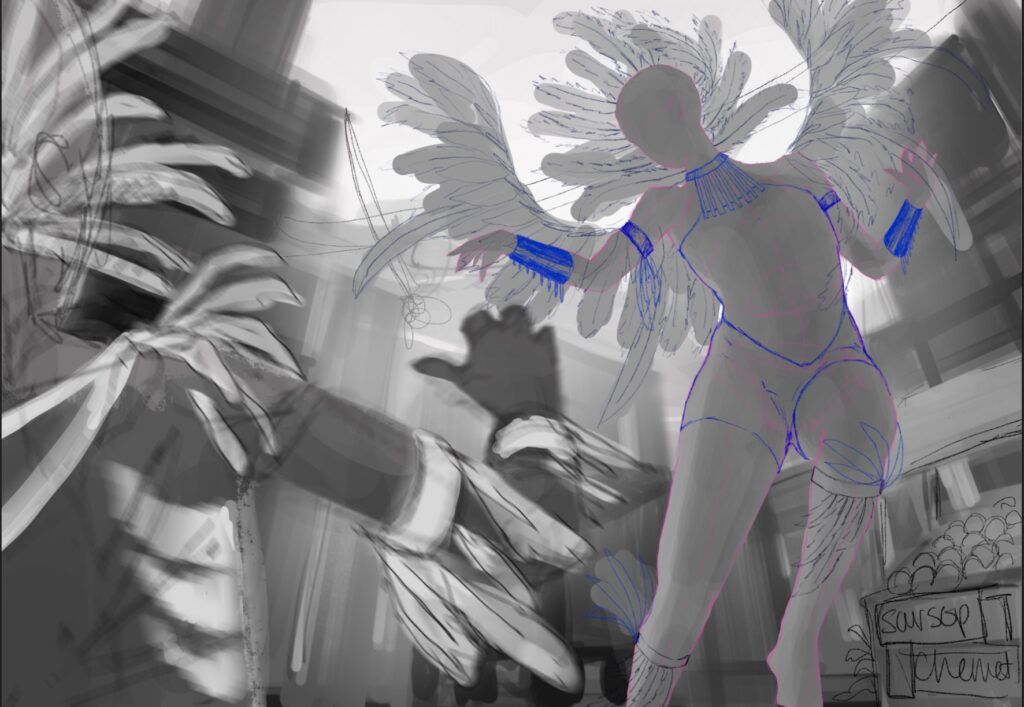
With her project, Anaya aims to create an animated archive of dance moves and cultural nuances of Trinidadian experiences. This region has not been explored through creative means, and Anaya wants to accurately portray a slice of a lived experience that has not yet been grappled with within mainstream media. The project will draw on the theoretical works of Professor Kenyatta Hinkle, Sreyashi Jhumki Basu, and Greg Niemeyer. While using her animations in order to partake in this research, she will travel to Trinidad and Tobago to humbly observe, participate […]
Kevin Cosby
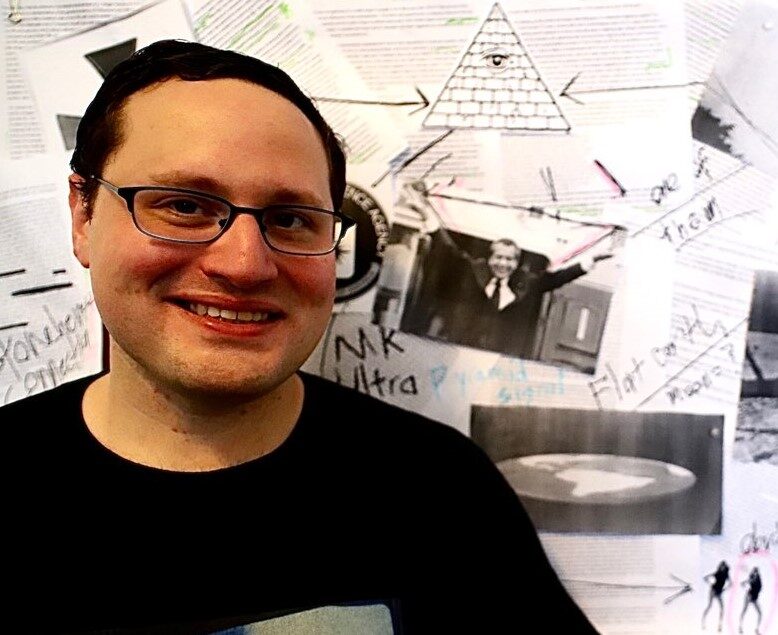
The global and national turbulence of recent years has resulted in the increased popularity of conspiracy theory as an interpretive lens for world events – prompting both the shift of conspiracy theory from the fringe to the political mainstream and an explosion in conspiracy theory studies. Kevin is researching the connection between conspiracy theory as a social phenomenon and its analogue in literature and pop culture. He seeks to link conspiracy as a political practice with its cultural representation, to better understand the collective myth-making of paranoia. Kevin plans to […]
Henry Nicholson
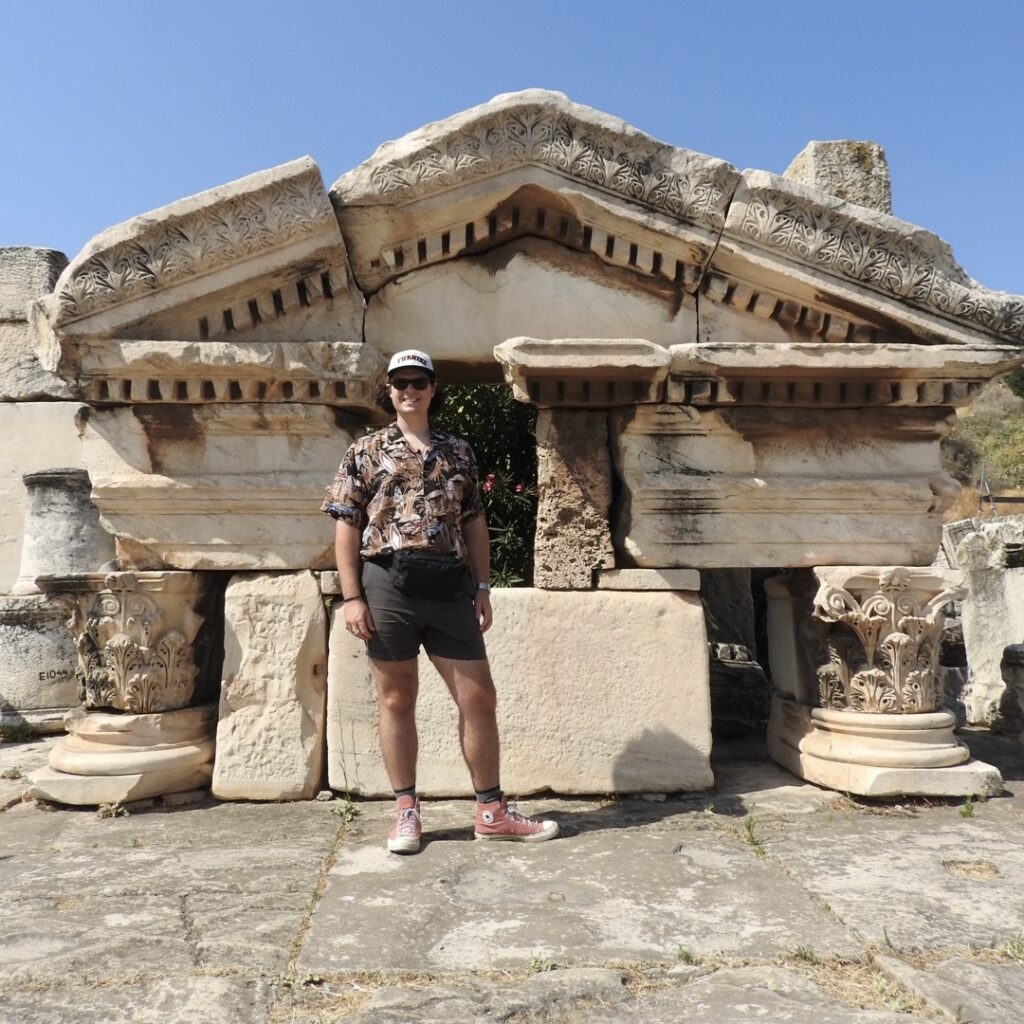
Religious conflict in Late Antiquity has been passed down through surviving Christian and pagan polemic and apology: Letters, diatribes, and speeches attacking or defending either religious viewpoint. Henry will examine five essential Christian texts in Greek with an eye to something specific: The literary treatment of pagan mystery religions, faiths supplementary to mainstream belief where adherents were initiated into exclusive cults to particular deities. Through analysis of these texts and travel to essential sites in Greece and Italy, Henry will investigate what these cults can say about Christian-pagan relations and […]
Jenny Lee
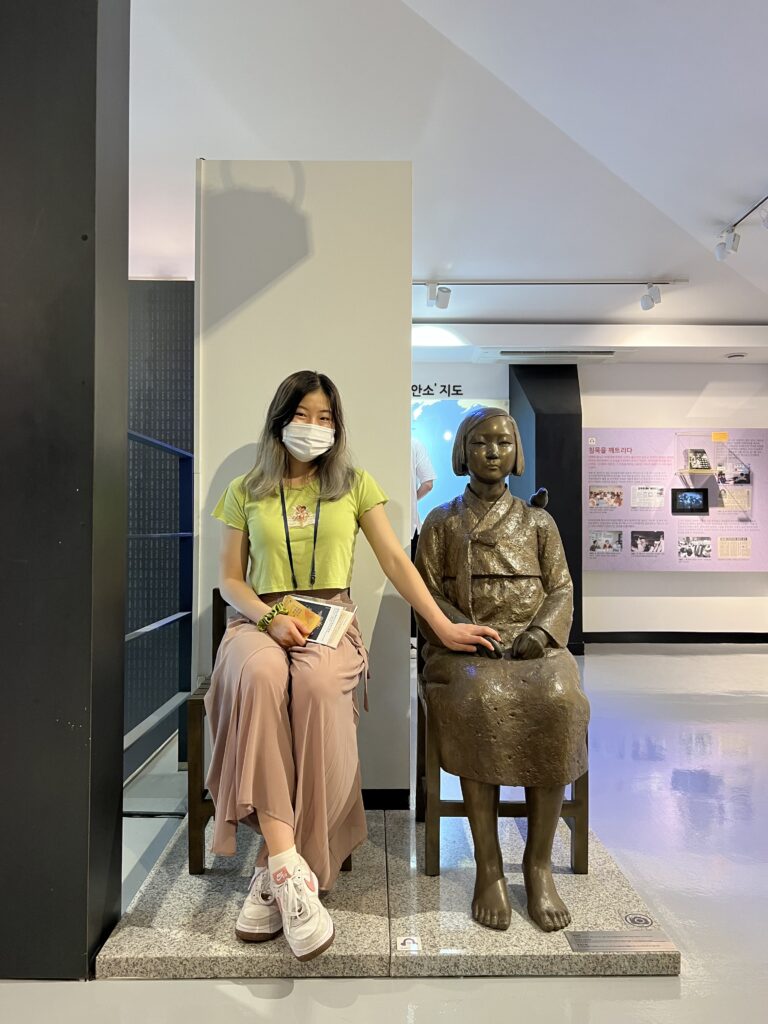
From 1932-1945, during the Pacific War, Japan mobilized an imperial agenda in many Asian countries. To prevent Japanese soldiers from sexually exploiting Japanese women, the government created stations in colonized countries to provide sexual “comfort.” This became a formalized system of sexual slavery composed mostly of young, impoverished Korean women; following the war, as South Korea modernized, ‘comfort women’ were largely omitted from national remembrances, rendered invisible in the linear narrative of post/colonial development. Jenny will be traveling to Korea to research at national archives and interview ‘comfort women’ survivors […]